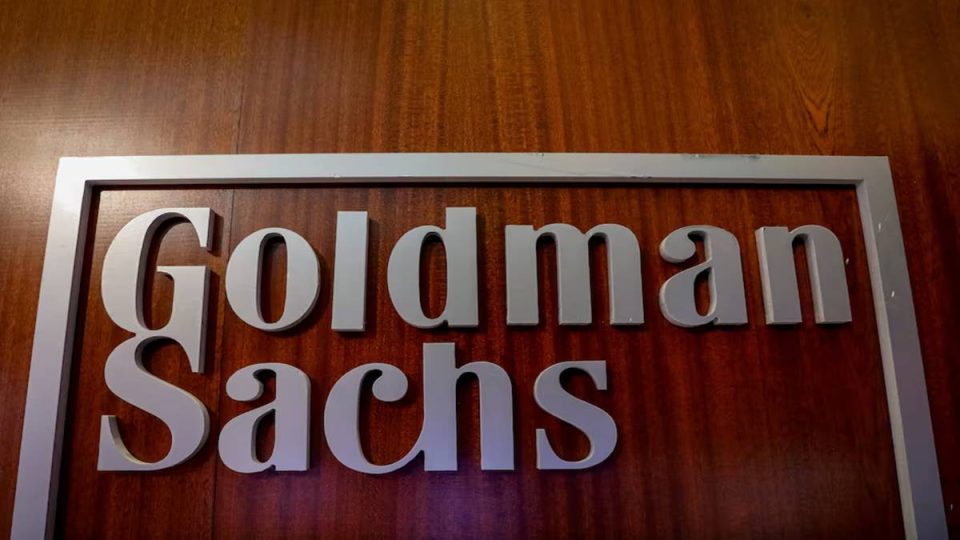Goldman Sachs (NYSE: GS) has raised its probability of a U.S. recession in the next 12 months to 35%, up from its previous estimate of 20%. This adjustment reflects growing concerns over the economic fallout from President Donald Trump’s escalating tariff policies, which are expected to intensify this week with new announcements.
The investment bank’s economists, led by Ronnie Walker, now project an average tariff rate of 15% on all goods in 2025, a significant increase from earlier forecasts. These tariffs are part of the administration’s broader trade strategy, which aims to pressure trading partners but risks short-term economic disruption. Goldman Sachs warns that these measures could further weaken an already fragile economy.
As a result, Goldman has slashed its GDP growth forecast for 2025 to just 1%, the lowest since 2020. Inflation is now expected to rise to 3.5% by year-end, up from the prior estimate of 2.8%, while unemployment is forecasted to climb to 4.5%, the highest level since late 2021.
In response to these developments, Goldman Sachs has revised its outlook for Federal Reserve policy. The firm now anticipates three interest rate cuts in 2025, one each in July, September, and November, compared to its earlier forecast of two reductions. These cuts are intended as “insurance” measures to cushion the economy against the adverse effects of trade tensions.
However, Goldman’s economists caution that rate cuts alone may not be sufficient to stave off stagflation, a scenario characterized by low economic growth and high inflation. They emphasize that the Federal Reserve faces a delicate balancing act between controlling inflation and supporting economic activity.
The economic outlook is further clouded by a sharp decline in consumer and business confidence. Recent surveys show that household sentiment has dropped significantly, with many Americans expecting rising unemployment. Similarly, business leaders are increasingly wary of the long-term implications of unpredictable trade policies.
Goldman Sachs also highlighted the potential impact on financial markets, downgrading its year-end target for the S&P 500 by 5%. The firm attributes this adjustment to investor concerns over higher interest rates and geopolitical uncertainties exacerbated by trade disputes.
The escalating trade tensions have raised fears of widespread economic disruption. While some analysts believe the U.S. economy can avoid a recession, others argue that the likelihood is nearing a coin toss. Goldman Sachs’ updated projections underscore the significant risks posed by current trade policies, including slower growth, higher inflation, and increased unemployment.
As President Trump prepares to unveil additional tariff measures on April 2, the stakes continue to rise. Policymakers and investors alike face mounting pressure to navigate an increasingly uncertain economic landscape.

